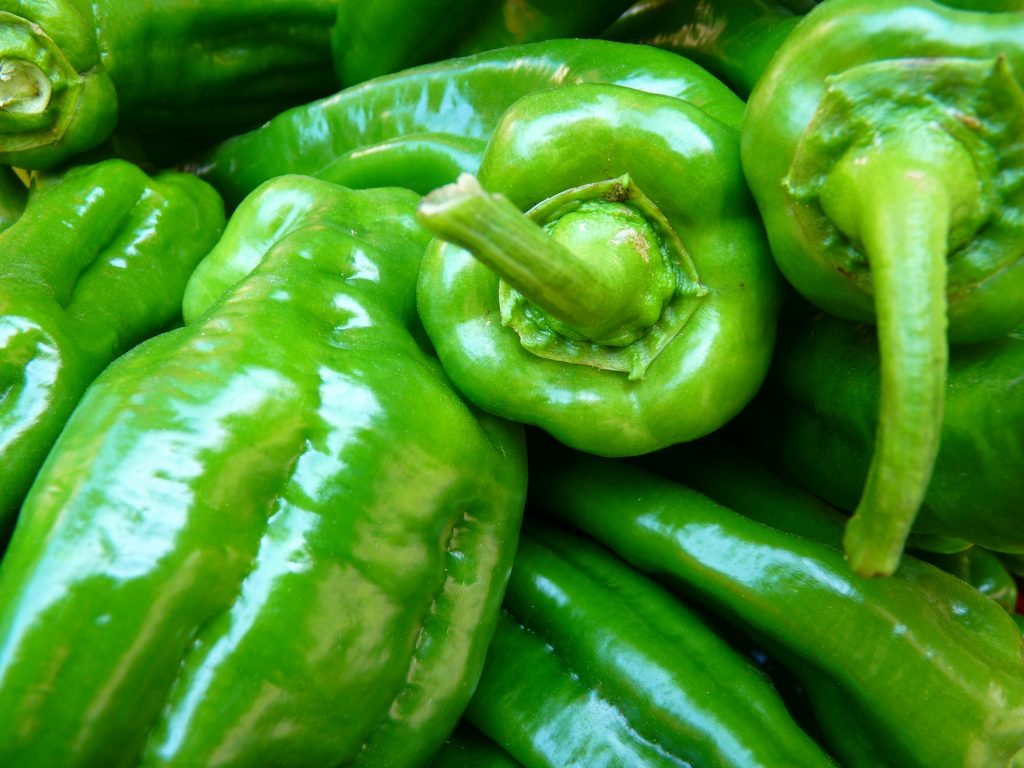By Ernie Neff

University of Florida Institute of Food and Agricultural Sciences (UF/IFAS) entomologist Hugh Smith says the pepper weevil is a major challenge to growers because it’s “a primary pest that directly attacks the marketable part of the fruit.” Smith, associate professor at the Gulf Coast Research and Education Center in Wimauma, says the pepper weevil attacks all types of peppers, including bell peppers.
According to Smith, the pepper weevil female lays eggs inside the fruit, and the weevil completes its development entirely within the fruit, so it’s protected from insecticide applications until it emerges as an adult.
Reflective mulch has been demonstrated to offer some help against the pepper weevil. Smith says the late UF/IFAS entomologist Phil Stansly “did show that when used in combination with insecticides, that in some instances reflective metalized mulches can help at least protect yield of the pepper.” Stansly worked at the Southwest Florida Research and Education Center in Immokalee until his death in 2018.
Smith says “the possibility of developing varieties of pepper that may have some resistance” to pepper weevil could offer hope for growers. He says resistance might be offered by thicker skin on the peppers or by development of a characteristic that deters the female pepper weevil from laying eggs.
Hear Smith’s full interview with AgNet Media’s Tacy Callies. Included in the interview is information on insecticides and biological control agents that can be used to help manage pepper weevil:
Share this Post









